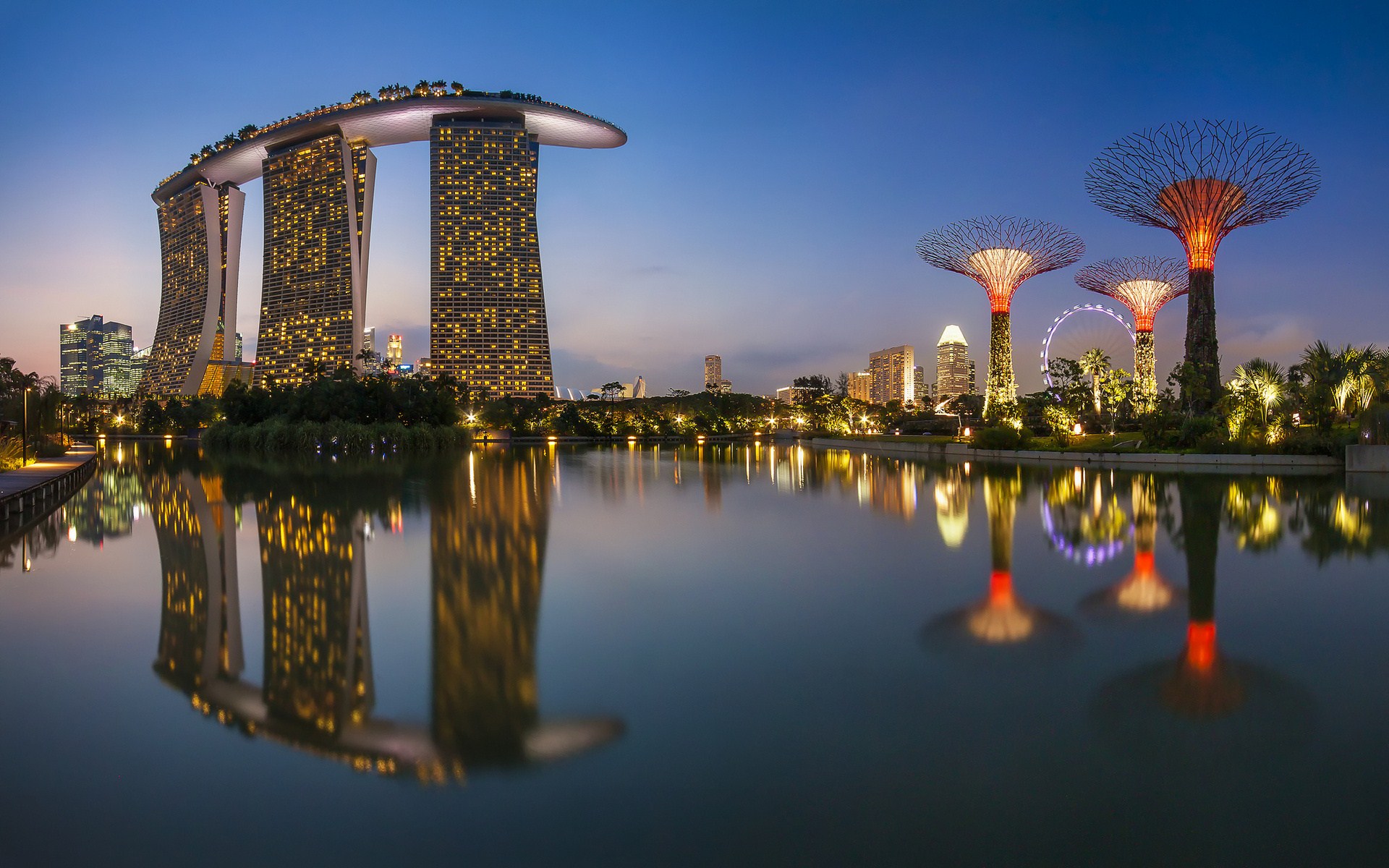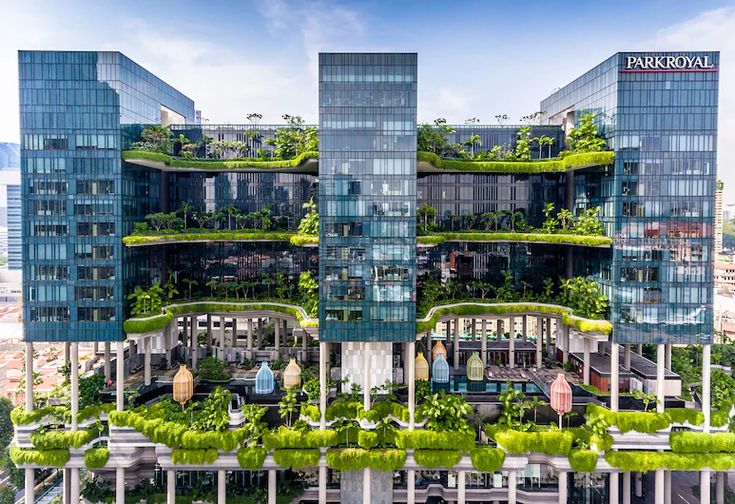
In recent years, Singapore has emerged as a beacon of sustainability, showcasing its commitment to Environmental, Social, and Governance (ESG) initiatives. This transformation has been driven by a collaborative effort between the government and private sector to address pressing environmental and social challenges while enhancing corporate governance standards. Let’s delve deeper into Singapore’s remarkable journey towards sustainability.
The current ESG landscape in Singapore
- Government Leadership
At the forefront of Singapore’s sustainable development efforts is the government’s proactive stance. The introduction of a carbon tax in 2019 was a pivotal moment in the nation’s climate strategy, incentivizing businesses and individuals to decarbonize. Through consecutive financial budgets, the government has consistently prioritized sustainability, rolling out concrete policies and action plans to strengthen resource and climate resilience.
- Singapore Green Plan 2030
A landmark achievement in Singapore’s ESG journey is the Singapore Green Plan 2030, launched in 2021. This comprehensive roadmap aligns with the UN 2030 Sustainable Development Agenda and the Paris Agreement, setting ambitious targets such as achieving net-zero emissions by 2050 and transforming Singapore into a ‘City in Nature’. The plan underscores Singapore’s commitment to sustainable urban development and environmental conservation.

- Global Recognition
Singapore’s efforts in ESG have garnered international recognition, with the country ranking fifth among 30 world economies on the Hinrich-IMD Sustainable Trade Index 2022. This accolade highlights Singapore’s leadership in promoting sustainable trade practices and its dedication to building a resilient and sustainable economy.
6 Key Sustainability Trends Shaping Singapore's Future
Singapore has long been a global exemplar of innovation and forward-thinking urban planning. In recent years, its commitment to sustainability has only strengthened, with significant strides made across various sectors. From green building initiatives to embracing ESG principles, Singapore is at the forefront of creating a sustainable urban environment. Here are six key sustainability trends that are currently shaping Singapore’s future.
- Green Building Initiatives
One-third of Singapore’s building stock are “green”. The construction industry in Singapore is undergoing a green revolution. Eco-friendly practices and energy-efficient designs are becoming standard, not the exception. Green building certifications, which were once seen as aspirational, are now essential benchmarks for new developments. These certifications ensure that buildings meet stringent criteria for energy and water efficiency, indoor environmental quality, and sustainable materials, setting a high standard for future developments.

- Energy Efficiency
Energy efficiency is another cornerstone of Singapore’s sustainability strategy. The push for renewable energy adoption and improved energy management systems has gained significant momentum. Innovations in this area are revolutionizing how industries use and supply power, contributing to decarbonization and reduced operational costs. This trend is not just limited to new constructions but is also influencing energy policies and infrastructure development at a national level.
- Sustainable Facilities Management
Sustainability in facilities management has moved from being a mere buzzword to a concrete practice. Companies are increasingly adopting recycling programs, waste reduction strategies, and eco-friendly operational methods. The shift towards a circular economy is particularly notable, as businesses explore solutions that minimize waste and maximize resource utilization. This paradigm shift is redefining how resources are managed and consumed, leading to more sustainable and resilient operational models.
- Smart Building Technologies
The integration of smart building technologies is optimizing energy consumption and enhancing operational efficiency across Singapore. Automated systems such as daylight sensors and preventative maintenance technologies are not only reducing energy use but also improving the longevity and performance of building systems. These smart technologies are crucial for creating responsive and adaptive environments that can adjust to changing conditions and demands in real-time.
- Sustainable Retrofitting
Retrofitting older buildings to meet modern sustainability standards is another significant trend. This process involves upgrading existing structures with energy-efficient systems, sustainable materials, and smart technologies to improve their overall performance. Sustainable retrofitting not only extends the life of buildings but also ensures they contribute positively to the environment by reducing energy consumption and greenhouse gas emissions.
- Green financing market
One of the key advantages of green financing is the potential for lower long-term borrowing costs. As financiers increasingly tie lending rates to Environmental, Social, and Governance (ESG) performance, developers who prioritize sustainability can secure more favorable loan terms. This financial incentive encourages more developers to adopt sustainable practices, thereby driving broader industry adoption of green building standards and eco-friendly operations.
Conclusion
As Singapore continues its journey towards sustainability, it serves as a shining example for nations worldwide. Through government leadership, ambitious initiatives like the Singapore Green Plan 2030, and global recognition of its efforts, Singapore is paving the way towards a greener, more sustainable future.


